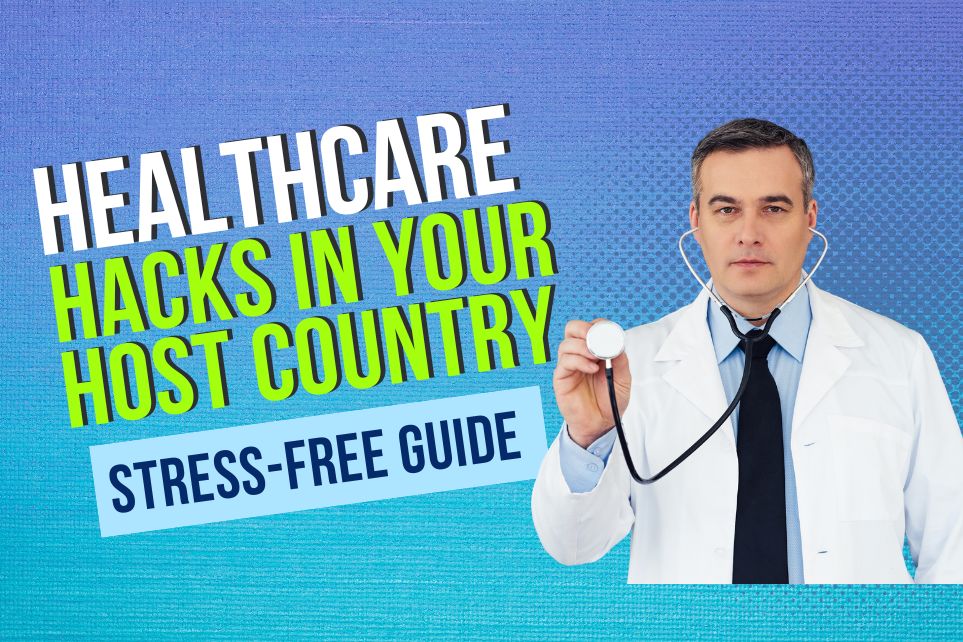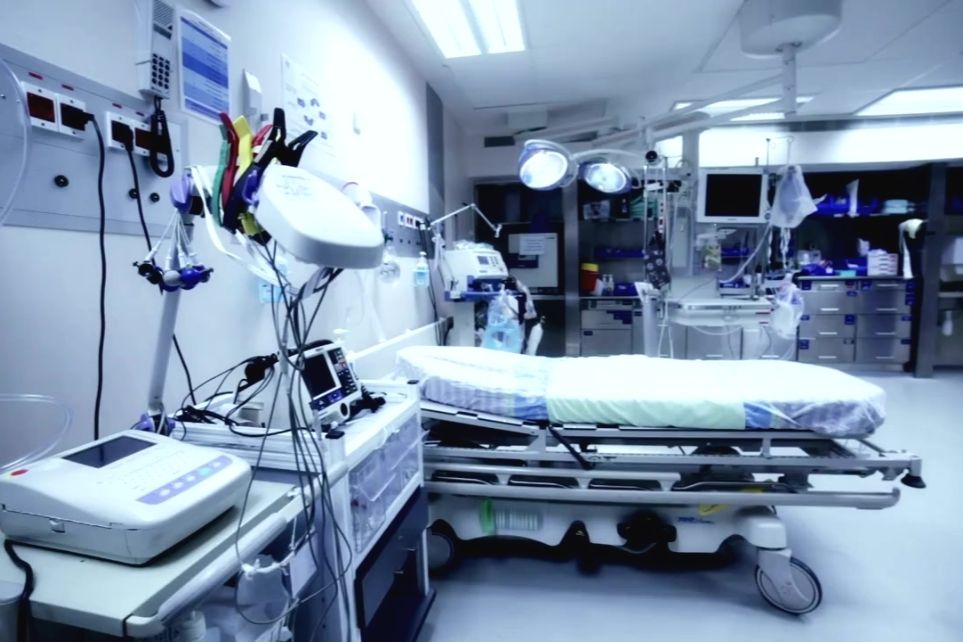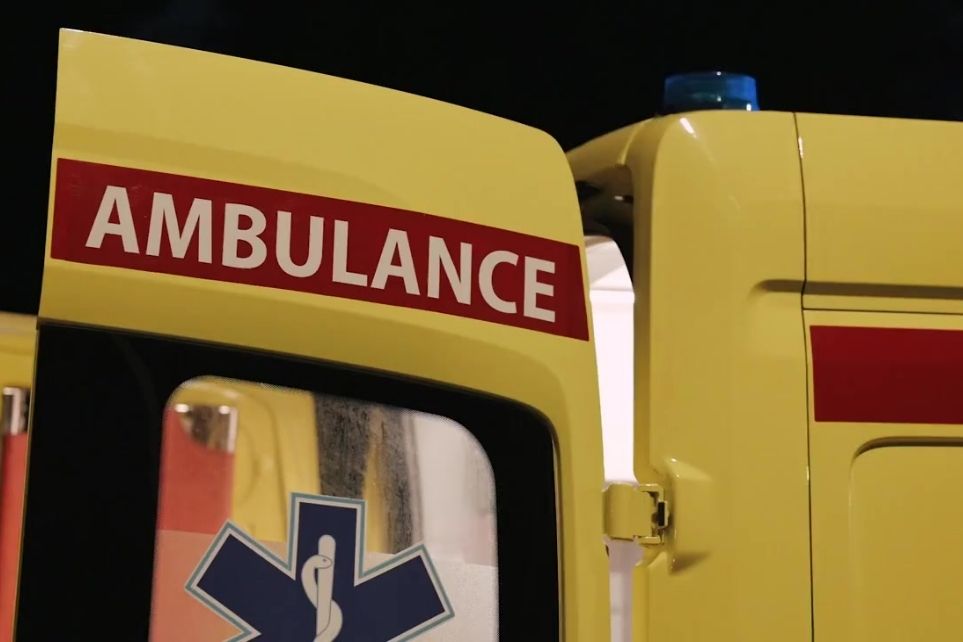
Healthcare Abroad: Guide in Navigating the Systems
Moving abroad is an exhilarating adventure, but feeling unsure about navigating a new healthcare system can cast a shadow on the excitement. This guide aims to equip you with the knowledge and tools to feel confident and prepared for anything, from routine check-ups to unexpected emergencies.
Understanding the System
Your journey starts with research. Delve into the structure of your host country’s healthcare system. Is it primarily public, funded by the government and accessible to all citizens? Or is it private, where individuals pay for health insurance or directly for services? Perhaps it’s a hybrid system, combining elements of both.

Finding Your Healthcare Team
Next, identify local healthcare providers like doctors, hospitals, and clinics. Research their reputation, the services they offer, and their proximity to your new home. Online reviews and expat forums can be valuable resources for gathering insights. Look for hospitals and clinics accredited by international bodies such as the Joint Commission International (JCI) or the International Society for Quality in Health Care (ISQua). These accreditations ensure that the facility meets global standards in healthcare services.

Securing Health Insurance
Health insurance is crucial. Explore available options in your host country and understand what’s covered. Will your chosen plan provide coverage if you travel outside the country?
Insurance Plans
Both local and global providers have options. Local providers can be easy to work with because they understand the healthcare landscape in your host country. However, don’t forget to explore international health insurance too. They might have competitive prices or special plans tailored to expats. Buying international health insurance could be a smart choice, depending on your needs and budget.

Watch EXPATS TOOLKIT on YouTube
Expats Toolkit has created a YouTube channel offering real experiences of moving and living abroad. I will share details of how to go about deciding to move, transitioning into a new country, and many other helpful tips to make this process go smoothly.
CLICK HERE TO SUBSCRIBE
Routine Care and Beyond
Now, let’s delve into specific services. Inquire about routine healthcare options like primary care physicians who can manage your general health, preventive care screenings, and necessary vaccinations. Learn how to schedule appointments and navigate routine check-ups.

Specialized Needs
If you have specific medical conditions, research access to specialized care. This might include specialists like cardiologists or ophthalmologists, dedicated clinics, or treatment centers.

PSST: HERE ARE SOME OTHER YOUTUBE POSTS YOU MAY WANT TO CHECK OUT :
Should I Move Abroad?
Choosing the Perfect Country to Live Abroad
Secrets No One Tells You About Visa and Residency Requirements
Identifying Cultural Differences Before Moving Abroad
What is Expats Toolkit?
Medications Abroad
Will you have access to your regular medications in your host country? Inquire about the availability of your prescribed drugs and explore potential local alternatives.
Pharmacies and Prescriptions
Locate nearby pharmacies and learn about their services, operating hours, and procedures for obtaining medications. Understand the process for getting refills and if prescriptions are required for certain medications.

Keeping Your Health Records
Think about your medical history. Learn how to transfer and maintain your health records in the new system. Inquire about the availability of electronic health records, which can streamline communication between doctors.

Staying Up-to-Date
Certain vaccinations might be required for living in your host country. Check the official health department website or consult with a doctor to ensure your vaccinations are up to date.

Understanding Costs
Healthcare systems vary in terms of payment structures. Prepare yourself by understanding if it’s a fee-for-service system, if co-pays are required, or if most services are covered by insurance.

Legal and Ethical Implications
Awareness of the legal and ethical implications of undergoing medical treatment in a foreign country is important. This includes understanding patient rights, data privacy laws, and the procedure for addressing any medical complications or disputes.

Communication and Language Barriers
Effective communication with healthcare providers is critical. If there is a language barrier, ensure that the medical facility offers translation services or assistance, or consider bringing a translator to your appointments.
Consider Language Assistance
If language is a challenge, you might want to hire a licensed translator, or seek out information available in English, catering to international audiences. Clear communication is vital throughout the visa application process, ensuring accurate documentation and comprehension of requirements.

Emergency Preparedness
Finally, familiarize yourself with emergency services in your host country. Knowing how to reach emergency personnel and understanding how the emergency healthcare system works will provide peace of mind.

By proactively engaging with the healthcare system in your host country and asking the right questions, you can ensure access to quality care and maintain your well-being throughout your exciting adventure abroad.
If you are looking for more information about moving and living abroad, then visit Expats Toolkit.
If you want to read more, follow me on Facebook or Instagram.
If you are looking to travel and need some tips on places to visit, then follow me, Traveling Lens Photography, on Facebook, Instagram, or Pinterest.
Happy Adventures!



